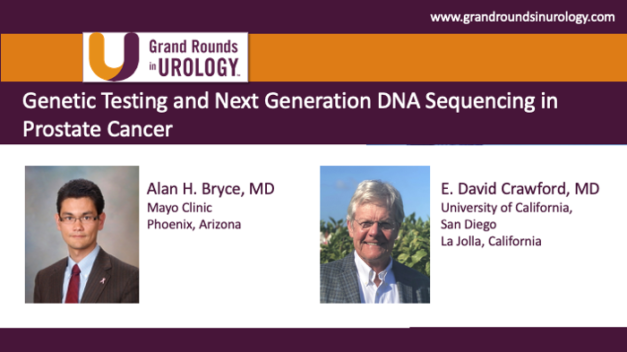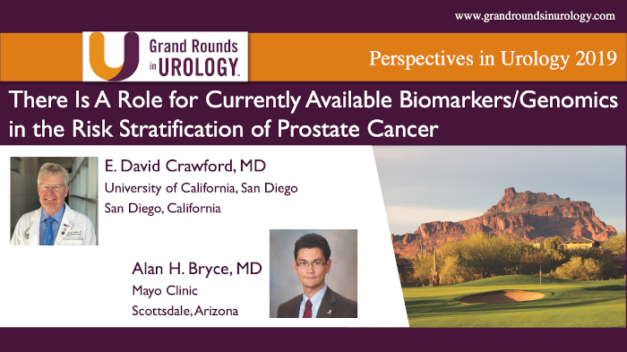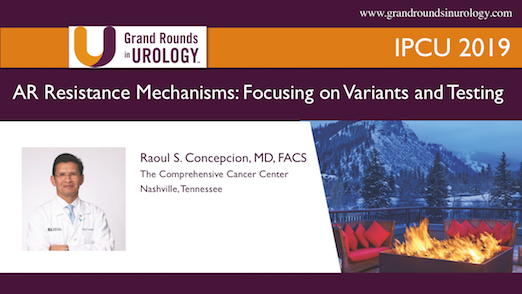Genetic Testing and Next Generation DNA Sequencing in Prostate Cancer
Alan H. Bryce, MD, Associate Professor of Medicine at the Mayo Clinic in Phoenix, Arizona, gives an update on how and why to use germline and somatic testing in prostate cancer. He discusses updated National Comprehensive Cancer Network and Society of Urologic Oncology guidelines on who should receive germline and somatic testing, and notes that approved somatic therapies, including PARP inhibitors for BRCA1 and 2 and immunotherapy for microsatellite instability-high tumors, are only available to patients who have tested positive for the relevant mutations, underscoring the importance of widespread testing. Dr. Bryce also emphasizes the importance of germline testing for the patient’s family members, since the knowledge that they carry a hereditary cancer risk gene may allow them to receive early, life-saving cancer diagnoses. The presentation concludes with a Q&A session with E. David Crawford, MD, Professor of Urology at the University of California, San Diego, during which Drs. Crawford and Bryce discuss the limitations of taking a family history and how reimbursement works for multiple genetic tests.
Read More



